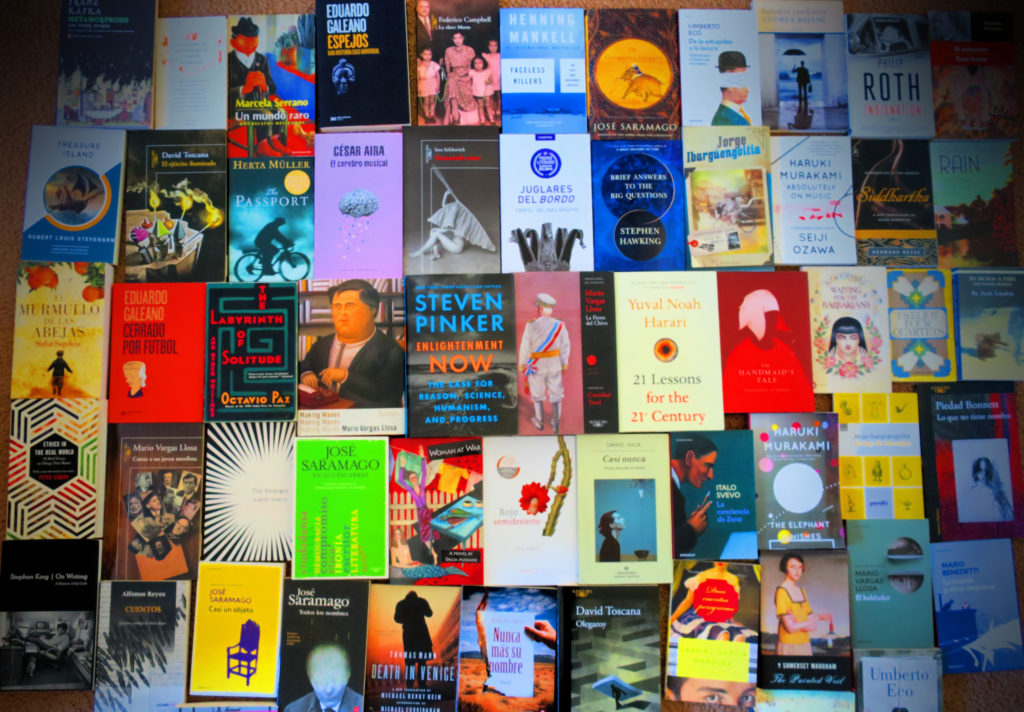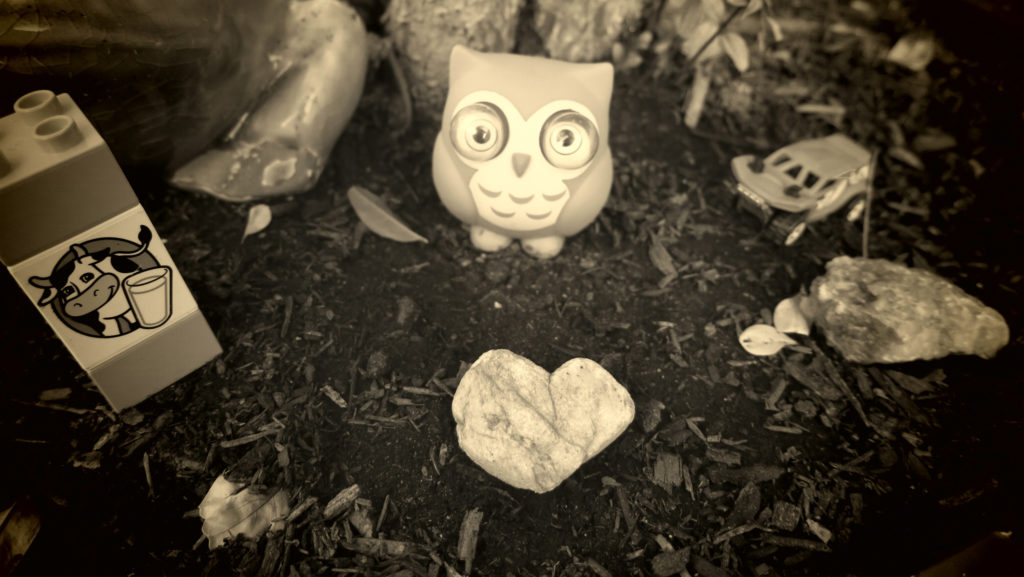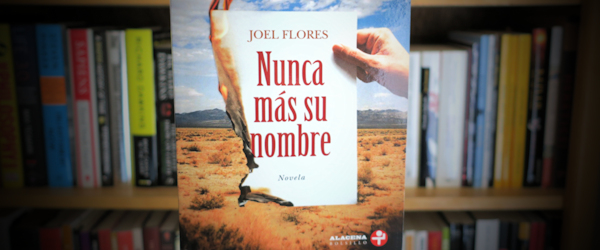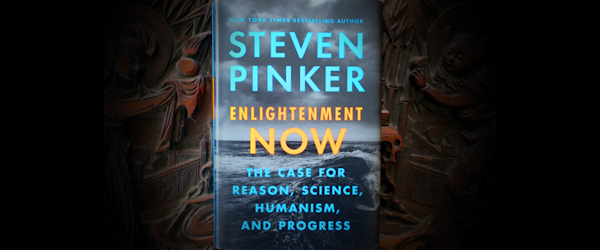 My reading summary for 2018. Total books read: 62. Fiction 74% and non-fiction 26%; 53% in Spanish and 47% in English; 25% female authors, 75% male authors (need to improve balance here).
My reading summary for 2018. Total books read: 62. Fiction 74% and non-fiction 26%; 53% in Spanish and 47% in English; 25% female authors, 75% male authors (need to improve balance here).
The month I read the least was August with only one book, and the month I read the most was November with 9 books. Longest book: 592 pages. Shortest: 94. Average book length: 271 pages.
Favorite fiction book by a female author: “Woman at War” by Dacia Maraini. Favorite fiction book by a male author: “The Elephant’s Journey” by José Saramago and “Zeno’s Conscience” by Italo Svevo. Favorite book of short stories in Spanish: “Juglares del Bordo” by Daniel Salinas Basave. Favorite book of short stories in English: “Rain and other South Sea Stories” by W. Somerset Maugham.
Favorite book of essays in Spanish: “De la Estupidez a la Locura” by Umberto Eco. Favorite book of essays in English: “Making Waves” by Mario Vargas Llosa. Most meaningful book I enjoyed re-reading after 20+ years: “Siddhartha” by Herman Hesse. Newly discovered author in Spanish worth reading: Joel Flores. Favorite non-fiction book: “Enlightenment Now” by Steven Pinker.
Most recurrent authors year after year: Saramago, Mario Vargas Llosa, Daniel Salinas Basave, W. Somerset Maugham, Richard Dawkins, and Eduardo Galeano. Days without reading: 0.
 “Pedí perdón… porque no entendía que vivimos en una ciudad que ni siquiera nos pertenece, que nos castiga y nos hunde y hace que nos destruyamos unos a otros, que nos es indiferente cuando la muerte nos duele de verdad. ¿Qué sentirán aquellos que mutilan lazos familiares? ¿Dormirán tranquilos los hombres que matan a quienes no deben nada?”
“Pedí perdón… porque no entendía que vivimos en una ciudad que ni siquiera nos pertenece, que nos castiga y nos hunde y hace que nos destruyamos unos a otros, que nos es indiferente cuando la muerte nos duele de verdad. ¿Qué sentirán aquellos que mutilan lazos familiares? ¿Dormirán tranquilos los hombres que matan a quienes no deben nada?” Espera, pequeño, todavía no salgas. Claro que te queremos ver, pero aún no es hora, hay que esperar un poco más. Permítenos por favor la emoción de recibirte con todo el amor que te mereces, con nuestras caras llenas de felicidad, con nuestros brazos abiertos para que sientas nuestro calor y unir nuestros latidos.
Espera, pequeño, todavía no salgas. Claro que te queremos ver, pero aún no es hora, hay que esperar un poco más. Permítenos por favor la emoción de recibirte con todo el amor que te mereces, con nuestras caras llenas de felicidad, con nuestros brazos abiertos para que sientas nuestro calor y unir nuestros latidos. ¿Qué hacer cuando te comunican que tu padre se está muriendo si tu relación con él fue una de abusos y abandono?
¿Qué hacer cuando te comunican que tu padre se está muriendo si tu relación con él fue una de abusos y abandono?